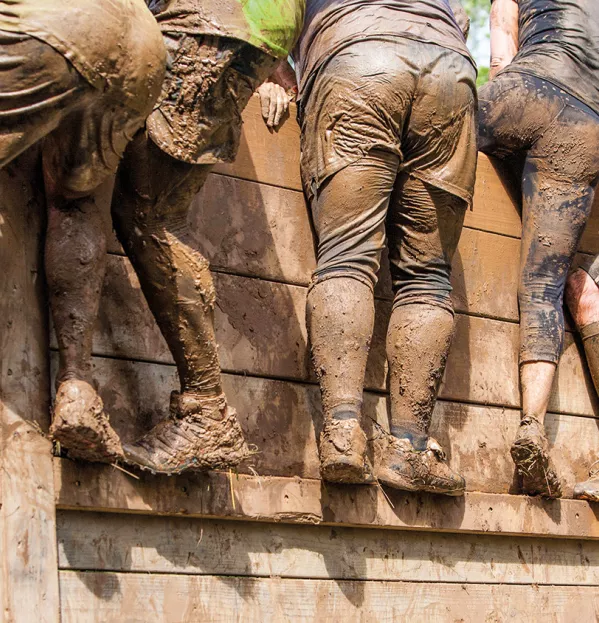It feels like every day there is another public discussion about the vast amount of learning lost during the pandemic and how much money and extra time it is going to take to get students back “on track”. But what about those children who made good progress during lockdown? How do they feel hearing this narrative time and time again?
If we plough on without acknowledging the learning that has taken place, we are missing an opportunity. We know that intrinsic motivation comes more easily from a feeling of being successful, and we can capitalise on this by celebrating the learning that did take place and encouraging those students to continue to progress. We want their achievement to be an example that others will follow.
But, of course, it is essential that we identify learning gaps. So, how can this take place while being mindful of the above?
The first thing we can do is think very carefully about the language that is being used, both among staff and students. There is a world of difference between “this quiz is for me to see what you need to relearn” and “this quiz is for you to show me how much you have learned”.
And while the terms “catch-up curriculum” and “recovery programme” have become common in the media, that doesn’t mean we have to use them with students in our classrooms or even in our staff meetings.
We also need to think about the approaches we are using in the classroom because what all students need more than anything now, regardless of their lockdown learning experience, is quality teaching - the kind that makes them feel successful.
In Barak Rosenshine’s Principles of Instruction, he identifies that the most effective teachers spend between five and eight minutes per lesson on a review.
Using the right strategies for this - including open-ended discussion and “tell me everything you know about …” activities - can be far more inclusive than yet another diagnostic quiz. Skilful, probing questioning can uncover knowledge gaps while allowing students to show what they know.
Working up to larger and longer assessments through low-stakes quizzes will increase students’ confidence. Making sure that everyone’s successes are celebrated can build on this, even if a student’s knowledge isn’t exactly where you would expect it to be.
After the pressure of switching to remote teaching, we now need to refresh our memories about how powerful our classroom skills can be in building students’ belief that they can go on to achieve academic success.
With the pandemic still causing disruption and the likelihood that this will continue for a while, it is incredibly important that the students don’t lose faith in their own abilities.
Only by carefully choosing the strategies we use - and being mindful of how we talk about “catch-up” - can we ensure the success our students deserve, both in their learning and their mental wellbeing.
Janina Stromfield is curriculum leader of science at Sackville School in Sussex. She tweets @Janinascience
This article originally appeared in the 14 May 2021 issue




